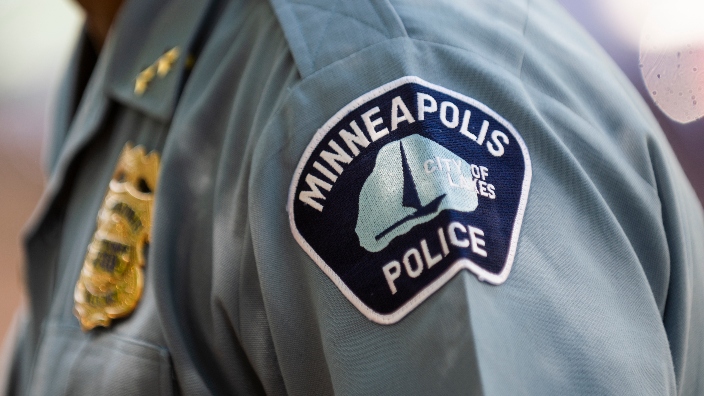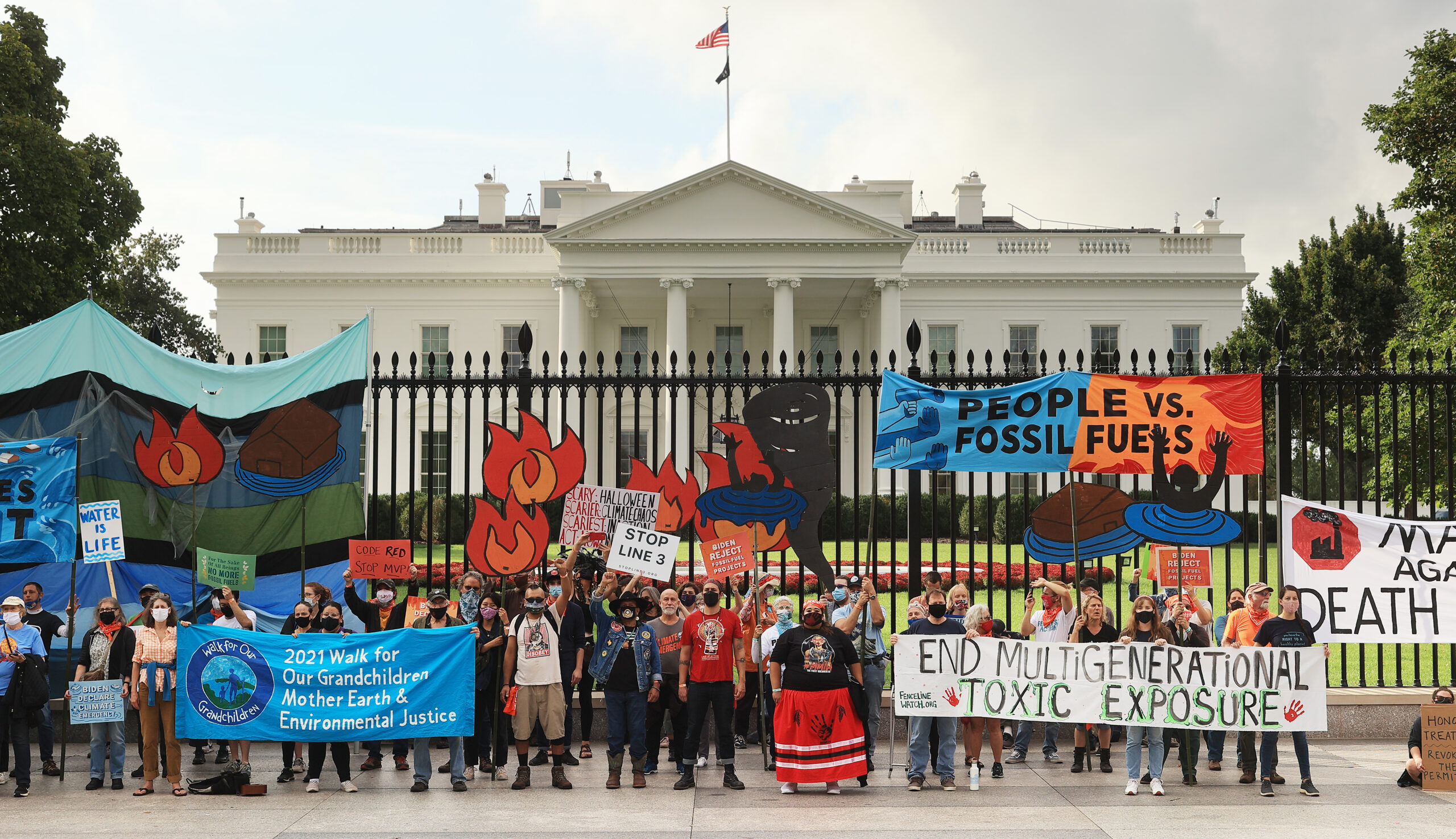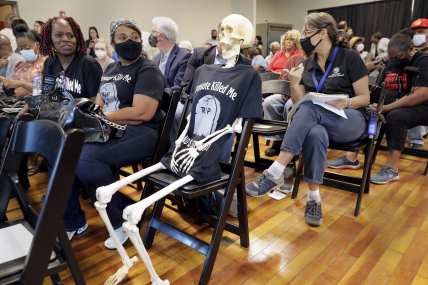144-page agreement requires Minneapolis police to de-escalate, restrict chemical weapon usage
A judge's approval of the new rules Minneapolis officers must follow comes three years after George Floyd's murder.
Minneapolis cops must abide by new rules governing police actions and behaviors now that a judge has signed off on a series of reforms.
On Thursday, a Hennepin County judge approved an agreement between the Minnesota Department of Human Rights (MDHR) and the city of Minneapolis to implement new regulations for officers to follow.
The MDHR began an investigation into the Minneapolis Police Department (MPD) shortly after George Floyd’s murder led to a national racial reckoning that the city still grapples with today. The 2022 results of the investigation revealed a years-long history of violence and brutality against Black citizens in the city.

“It’s what you’d expect from the [police] in Minneapolis,” Dave Bickling, a member of Communities United Against Police Brutality, a Minneapolis-based organization told theGrio. “When George Floyd was killed here, no one was surprised. The police department was totally out of control.”
According to the settlement, officers are required to use more de-escalation strategies and less force when dealing with citizens in situations where it’s “feasible.” The settlement also includes more restrictions on the use of chemical agents and crowd control weapons.
The 144-page agreement also includes instructions such as police misconduct investigator training, implementing sufficient supervision of stops and searches and more transparency during critical incidents when someone dies or is seriously injured by a police officer.
“The Parties recognize that policing free of discrimination is central to public safety and to build community trust and legitimacy,” the settlement states. “This Agreement is designed to facilitate an improved relationship between MPD and community members through increased transparency and public input.”
One of the more noteworthy points in the settlement is the call for better data collection from the police department, which is something criminal justice experts have urged for years, especially when it comes to fully understanding how Black residents are being treated by police officers.
“Part of transparency is also accessibility of data. That’s the really hard part of this work,” said Ganesha Martin, a criminal justice lawyer and member of the Council on Criminal Justice. “If we really want to make transformative change, we need to be measuring accurate information.”
Martin led the court-ordered reform efforts in the Baltimore Police Department from 2015 to 2018.
The MDHR settlement came nearly one month after the federal Department of Justice (DOJ) released its findings of an investigation into the Minneapolis police department, which revealed similar issues. A consent decree — in this case, a settlement between the federal government and the city of Minneapolis — will likely follow the DOJ investigation in the next year.
“Often these reports show a reflection of really deep culture within a department that their way of policing is the only way of policing they know,” Walter Katz, vice president of criminal justice at Arnold Ventures, a policy and research philanthropic group, said. “So this distinction between what is ideal and how it is practiced can be so stark that officers are practicing unconstitutional policing and don’t even know it.”
Even with the MDHR settlement and the probable federal consent decree, people in Minneapolis know there’s still a lot of work to be done.
“It’s going to take constant pressure for the city to do anything,” Bickling of Communities United Against Police Brutality said. “We’ve been here before.”
TheGrio is FREE on your TV via Apple TV, Amazon Fire, Roku and Android TV. Also, please download theGrio mobile apps today!
More About:News











